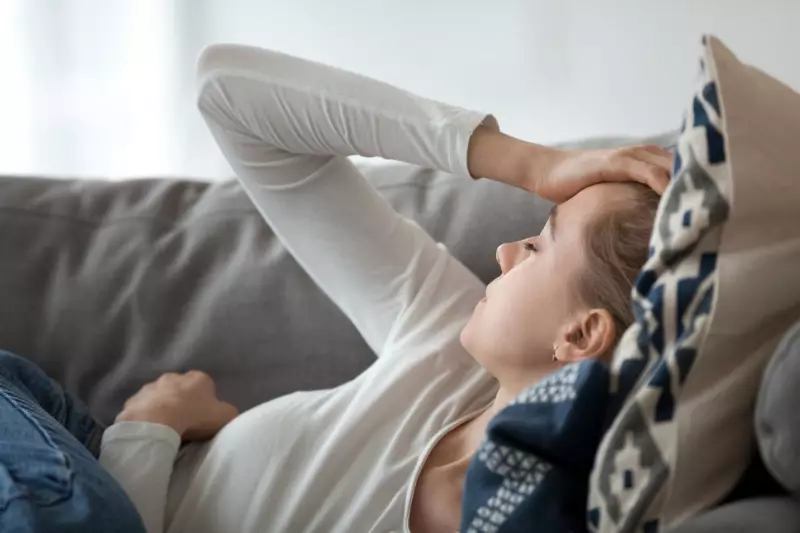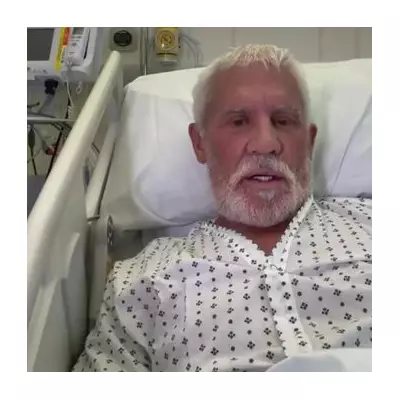
An unconventional sleep hack is capturing the attention of Britons seeking better rest and quieter nights. Mouth taping, the practice of gently sealing the lips during sleep, is gaining traction across the UK as people report surprising improvements in their sleep quality and overall wellbeing.
What Exactly Is Mouth Taping?
This unusual technique involves applying a small piece of specially designed tape across the lips before bedtime. The goal isn't to completely seal the mouth shut, but rather to encourage nasal breathing during sleep. Many practitioners use porous medical tape or specialised sleep strips that allow for emergency mouth opening if needed.
The Science Behind The Trend
Sleep specialists explain that nasal breathing offers several advantages over mouth breathing during sleep. "When we breathe through our nose, the air is filtered, warmed and humidified before reaching our lungs," explains Dr Sarah Jenkins, a London-based sleep consultant. "This process can lead to better oxygen absorption and improved sleep quality."
Reported Benefits That Are Driving Adoption
- Reduced Snoring: Many users report significant decreases in snoring, often within the first few nights
- Improved Sleep Quality: Nasal breathing promotes deeper, more restorative sleep cycles
- Morning Freshness: Practitioners often wake feeling more refreshed with less dry mouth
- Dental Health Benefits: Reduced risk of dry mouth can mean fewer cavities and better oral hygiene
Important Safety Considerations
While many enthusiasts swear by the practice, medical professionals urge caution. "Mouth taping isn't suitable for everyone," warns Dr Jenkins. "People with nasal congestion, sleep apnea, or breathing difficulties should consult their GP before trying this technique."
Experts recommend starting slowly, perhaps with just an hour before removing the tape, and always using tape specifically designed for this purpose rather than conventional sticky tape.
The Verdict From Sleep Specialists
While research is still limited, many sleep experts acknowledge the potential benefits of encouraging nasal breathing. However, they emphasise that mouth taping should be approached as a behavioural tool rather than a medical treatment. For those struggling with chronic snoring or suspected sleep apnea, professional medical advice remains essential.
As this unusual trend continues to spread through British bedrooms, it's clear that the pursuit of better sleep is driving people to explore increasingly innovative solutions. Whether mouth taping becomes a mainstream practice or remains a niche interest, it highlights the growing importance we place on achieving quality rest.





